Phlebotomy
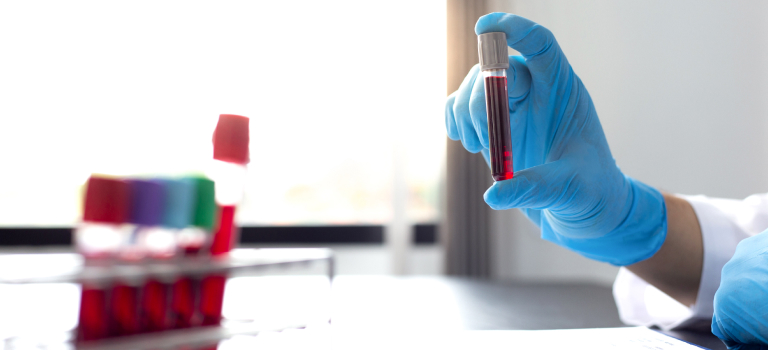
Overview
The Quincy College Phlebotomy 2-semester (10 months) certificate program is designed to train students to perform both routine and challenging venipunctures and capillary skin punctures on adults. Students will study medical terminology, human anatomy, and interpersonal communication skills in addition to the collection, processing, and distribution of lab specimens. Safety standards, legal and ethical behaviors, and quality control related to patient/client care will be emphasized.
Students who complete this certificate program will be well prepared for an entry level position in health care, while building a strong foundation for further academic study. The curriculum includes multiple courses that can be transferred to other certificate programs in the Health Sciences or applied toward an Associate Degree in Clinical Laboratory Science, for example.
Note: Quincy College’s Phlebotomy program can only accept applicants who can meet onsite program requirements. Clinical space is limited, therefore immediate clinical placement is not guaranteed; a student’s clinical experience may take up to one year to complete.
* Students may substitute a non-credit CPR course, if proof of certification (valid for at least one year) is provided to the Dean at the time of registration.
** Anatomy & Physiology I and II (with labs) may be substituted for HSC 149.
*** Successful completion of PHB 115 and PHB 125 (final grade of “C”) is required for enrollment in PHB 136
Drug Testing
Some clinical partners require drug screening of students placed at their facilities. These providers reserve the right to refuse and/or reject any student whose drug test fails to meet facility guidelines. Students who test positive for the presence of illegal drugs may not be placed in another facility. Students who cannot complete the clinical practicum are ineligible for graduation.
COVID-19 Vaccination
At this time, 100% of our clinical partners require proof of Covid-19 vaccinations. Please contact the program chair Andrea McLain with any questions/concerns.
CPR Certification
Health Sciences students must be certified in CPR for the Health Care Provider. Documentation is required and must be provided to the Dean and Clinical Supervisor and must be effective throughout the program.
Additional Program Information
Students must have satisfactory health and immunization records. Students must be certified in CPR for the Health Care Provider. A satisfactory CORI check is required for students to receive a clinical placement. The passing grade for all courses is “C” (73%). Students are not eligible for certification for graduation unless they have earned a “C” or better in all health sciences and phlebotomy courses.
Academic Division of Natural & Health Sciences
Phlebotomy Courses
-
Code
Course
Credits
-
- HSC 107
Orientation to Health Care
- 1
-
- HSC 108
Basic Life Support & Emergency Skills
- 1
-
- HSC 140
Medical Terminology
- 3
-
- HSC 149
Applied A&P for Health Care Professions
- 4
-
- PHB 115
Phlebotomy
- 2
-
- PHB 125
Phlebotomy Lab
- 1
-
- PHB 136
Phlebotomy Clinical Practicum
- 3
-
- SOC 112
Interpersonal Communication
- 3

View Current Semester Courses>>
Start your education at Quincy College this fall. Our online and blended curriculum makes it easy for you to stay safe and earn your degree!
You might also be interested in...
-
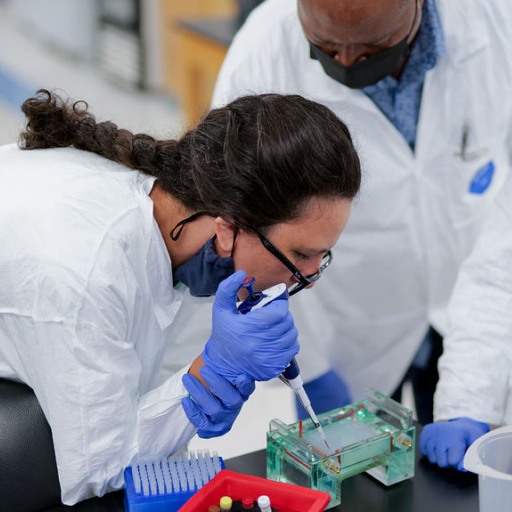
Medical Laboratory Technician
The MLT program consists of didactic and campus laboratory courses designed to progress the student through a two-year program.
-
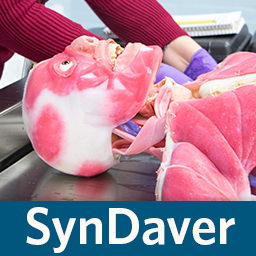
SynDaver
Quincy College is the first two-year college in Massachusetts to invest in a synthetic cadaver also referred to as a SynDaver. Learn more>>
-
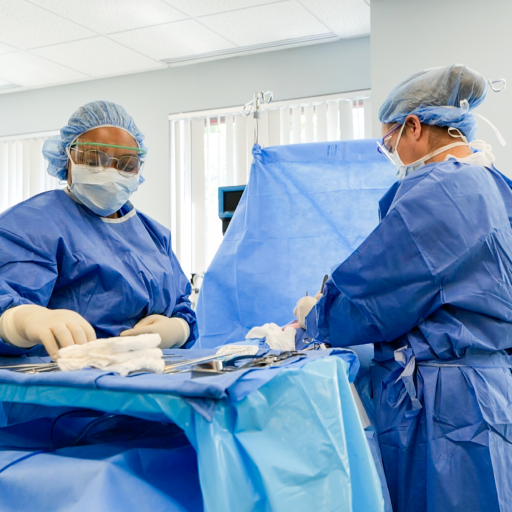
Surgical Technology
The Surgical Technology Program is a two-year Associate of Science degree beginning in September each year.
-
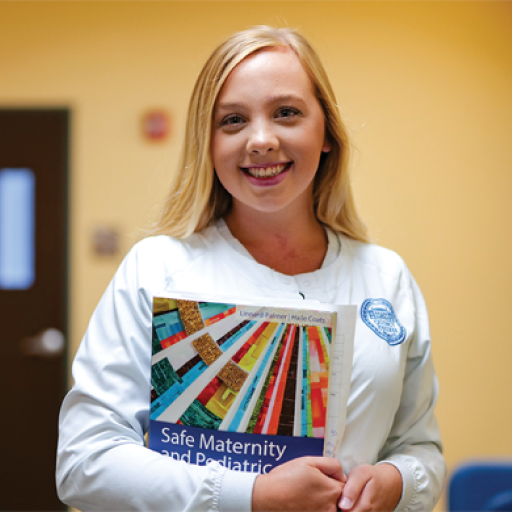
Courses
View the current course schedule. Quincy College offers the programs you want, the flexibility you need and the price that makes it all possible.


